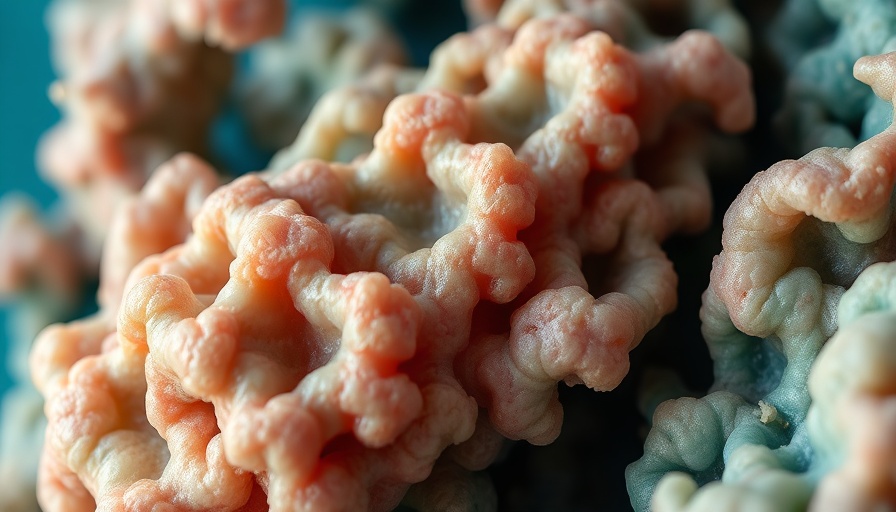
The Lingering Effects of Weight Loss: Understanding Fat Cell Memory
For many people, the journey to weight loss doesn’t end with shedding pounds. Instead, it often leads to a new struggle: maintaining that weight loss. Recent research indicates a surprising factor at play, revealing that fat cells might possess a "memory" of obesity that complicates the process of keeping off the weight.
Decoding the Science Behind Fat Cell Memory
A pivotal study conducted by researchers Hinte et al. suggests that fat cells can retain molecular changes associated with obesity even after a person successfully loses weight. This phenomenon is attributed to epigenetic modifications, which are alterations in gene expression that don’t change the DNA sequence itself but still significantly impact how genes function. These modifications create a lingering effect, enabling fat cells to behave as if they still remember their previous state of being overweight.
Key Findings from the Research
- Molecular Evidence: In the study, scientists examined adipose (fat) tissue from individuals who underwent bariatric surgery and maintained a reduced BMI. They found that gene expression levels related to metabolism and adipocyte function remained altered even two years after weight loss.
- Functional Consequences: Fat cells from formerly obese individuals expressed more genes related to fibrosis and cell death, suggesting that although they lost weight, the cells retained characteristics linked to their former obese state.
- Animal Studies Confirm Effects: Further experiments on mice showed that those who had been subjected to a high-fat diet regained weight more quickly after switching back to a normal diet, corroborating findings in human subjects regarding the persistent issues tied to epigenetic memory.
Implications of Fat Cell Memory on Weight Management
The implications of these findings are profound for anyone striving to maintain weight loss. Fat cells' memory could explain why some individuals find it significantly harder to keep weight off after losing it. The retention of certain epigenetic markers might predispose individuals to regain weight more quickly and interfere with the body’s ability to create healthy fat stores. Therefore, understanding this biological response could reshape the approach to weight loss strategies.
Practical Insights for Health-Conscious Individuals
Recognizing that fat cells may “remember” their past can be frustrating. However, there are practical steps that individuals can take to enhance weight maintenance post-loss:
- Maintain Healthy Habits: Consistent exercise and balanced diets are crucial. Regular physical activity helps regulate metabolism and can counteract some of the memory effects.
- Prioritize Mindfulness: Mental health plays a pivotal role in overall well-being. Practicing mindfulness can alleviate stress, which is often linked to weight gain.
- Seek Support: Engaging with communities dedicated to health and wellness can provide motivation and practical advice to navigate challenges in weight maintenance.
Addressing Common Misconceptions
It’s essential to dispel the notion that weight loss is futile due to metabolic hurdles. The reality is that while fat cells may retain a form of memory, this doesn’t mean success is impossible. Empowering oneself with knowledge about these biological processes can lead to better-informed choices regarding health.
Looking Ahead: Future Research Directions
As science advances, further research is necessary to understand the exact mechanisms behind fat cell memory and how it can be effectively managed. Experimenting with lifestyle interventions and exploring pharmacological options might present new pathways to support individuals who have lost weight and wish to maintain their achievements.
By embracing an informed approach, health-conscious individuals can better navigate the complexities of weight maintenance post-loss. The intricate dance between genetics, epigenetics, and lifestyle choices provides an empowering framework for personal health and wellness.
If you find yourself struggling with weight maintenance, remember to leverage the insights from recent research and consider speaking with healthcare professionals for tailored strategies. Your journey to optimal physical health is ongoing, and understanding the impact of fat cell memory may offer you new perspectives on achieving and sustaining your wellness goals.
 Add Row
Add Row  Add
Add 




Write A Comment